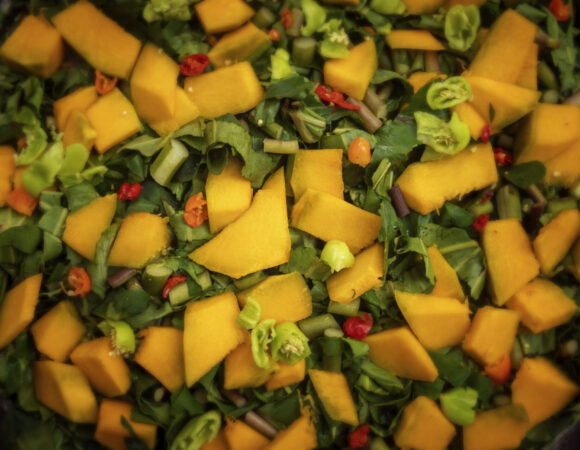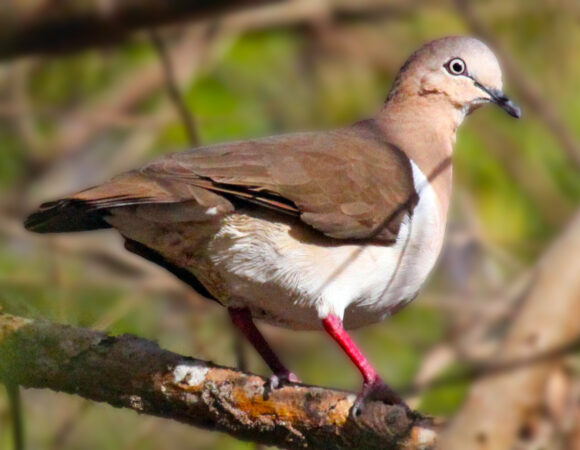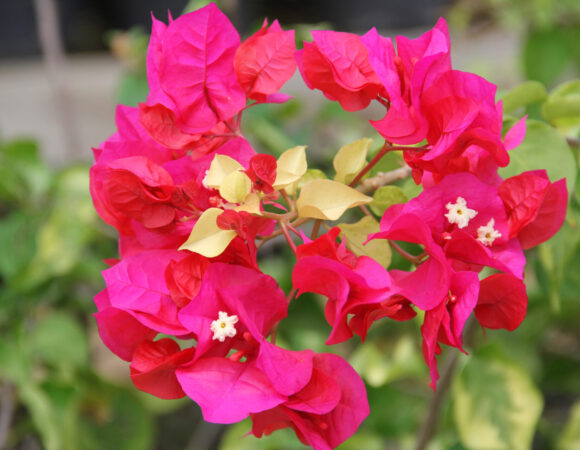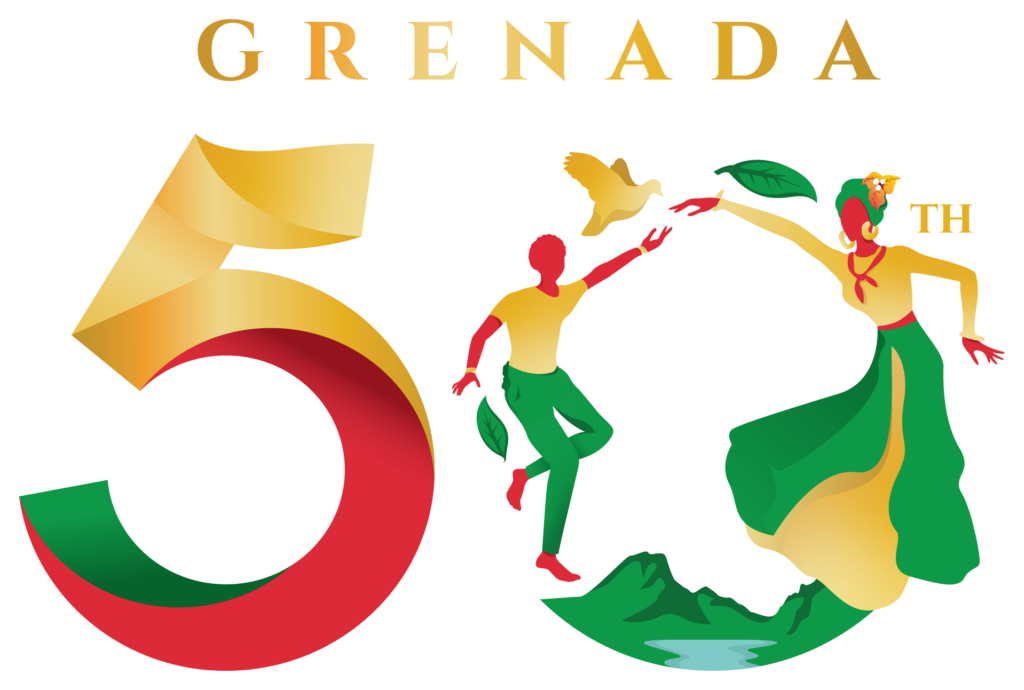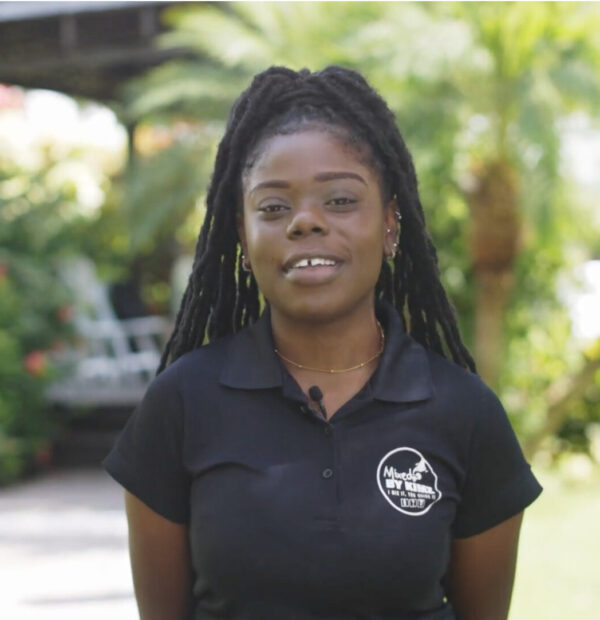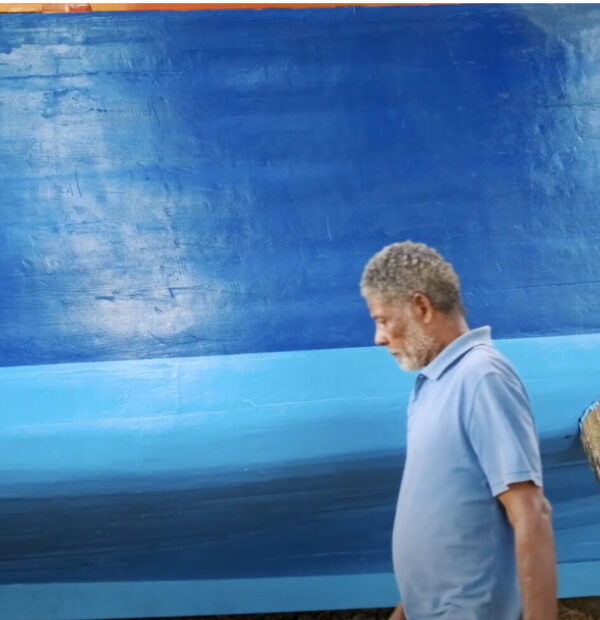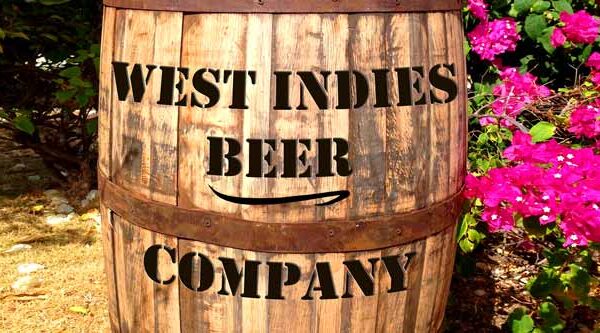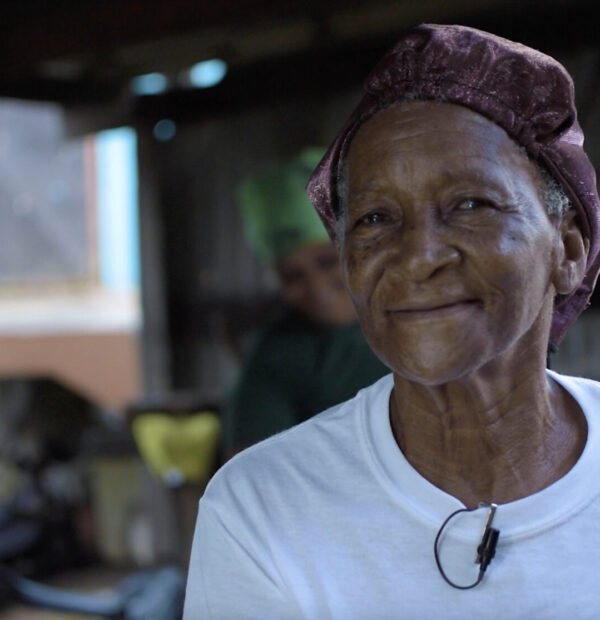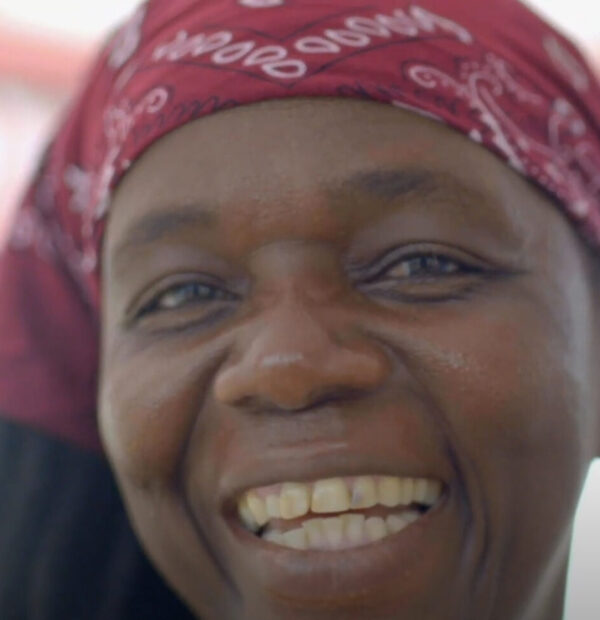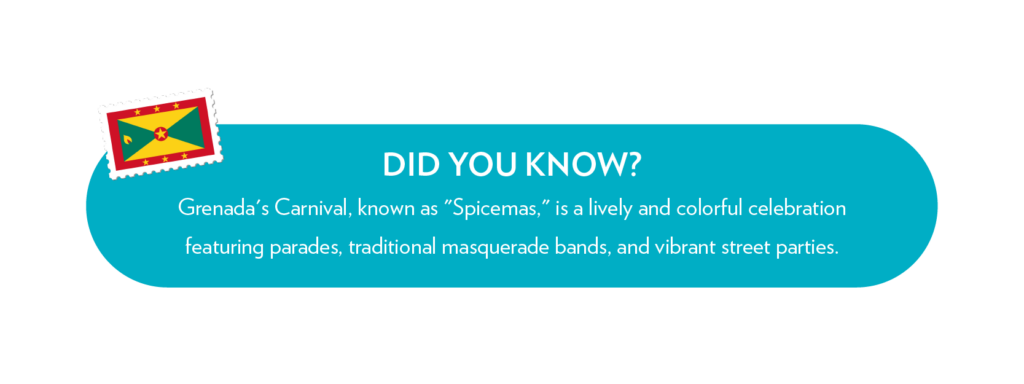About Grenada
Where Is Grenada?
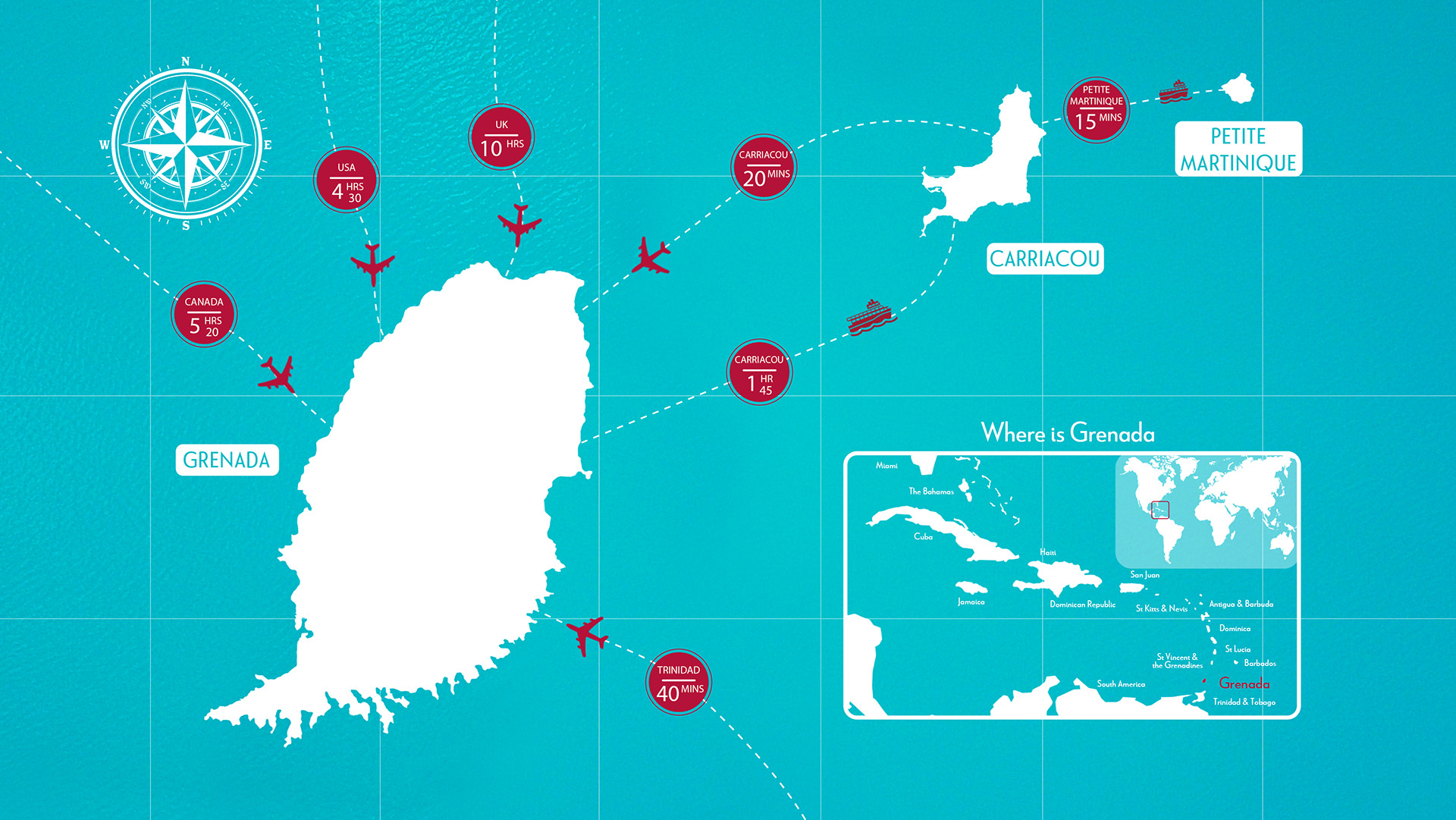
We are known for
Grenada (pronounced Gre-Nay-Dah) is a captivating eco-tourism paradise nestled in the heart of the Caribbean, where the allure of nature meets the thrill of adventure. Every moment promises pure adventure, natural splendor, rich heritage and culinary delights.
Grenada is a haven for adventure seekers, beckoning with a myriad of thrilling experiences including hiking through untouched rainforests, journeying to the summit of breathtaking mountain peaks and diving into the crystal-clear pools of our 14 waterfalls.
Whether you’re a beach dweller yearning for sun-kissed sands, a family in search of fun and adventure, or a couple dreaming of a romantic getaway or a destination wedding, Grenada has something special to offer. The island paradise also beckons to those seeking a break from the demands of everyday life. For this we recommend a laid-back day on our world famous gorgeous Grand Anse beach with a cocktail in hand.
Unlock your senses in the culinary capital of the Caribbean in which organic chocolate, spices and flavourful local dishes merge to make an unforgettable gastronomic experience. Grenada’s cultural tapestry is rich with a unique carnival in August lovingly called ‘Spicemas’ and community traditions practiced even today.
Add the world’s first underwater sculpture park, captivating wreck and reef dives, historical forts, a colourful spice market, year-round good weather and warm welcoming people…and you will agree that Grenada is a gem worth discovering.
Our Culture
Experience Grenada’s ultimate cultural celebration ‘Spice Mas’- a bucket list experience for sure. This annual festival is a mesmerizing fusion of energy, vivid colors, street parties, infectious Caribbean music, exhilarating dance, the finest rum and rhythmic beats. Be sure to ask about our unique Jab Jab and traditional mas. While you’re at it, indulge your taste buds in the culinary delights that define our unique Caribbean heritage. No visit to Grenada is complete without savoring the iconic ‘Oil Down,’ a culinary masterpiece that blends breadfruit slow-cooked with a medley of meat, salted fish and vegetables, absorbing the delectable flavors of callaloo, coconut milk and turmeric. In Grenada, our culture is not just observed – it is experienced, tasted, and felt in every beat, bite, and vibrant moment of celebration.
Our History
Grenada’s history is a captivating tapestry woven with a diverse array of influences including the early indigenous Amerindian communities of which artifacts can still be found today, to the later European colonial powers. In particular, the island changed hands between the French and British quite a lot. Therefore, the island has been mainly shaped by the hands of the French, British and later African influences. The colonial era left its indelible mark, contributing unique facets to Grenada’s cultural identity whilst the amalgamation of African and East Indian influences further enriched the historical narrative contributing to the music, food and traditions enjoyed today such as carnival.
Our Stories
Grenada Heritage Map
National Symbols
